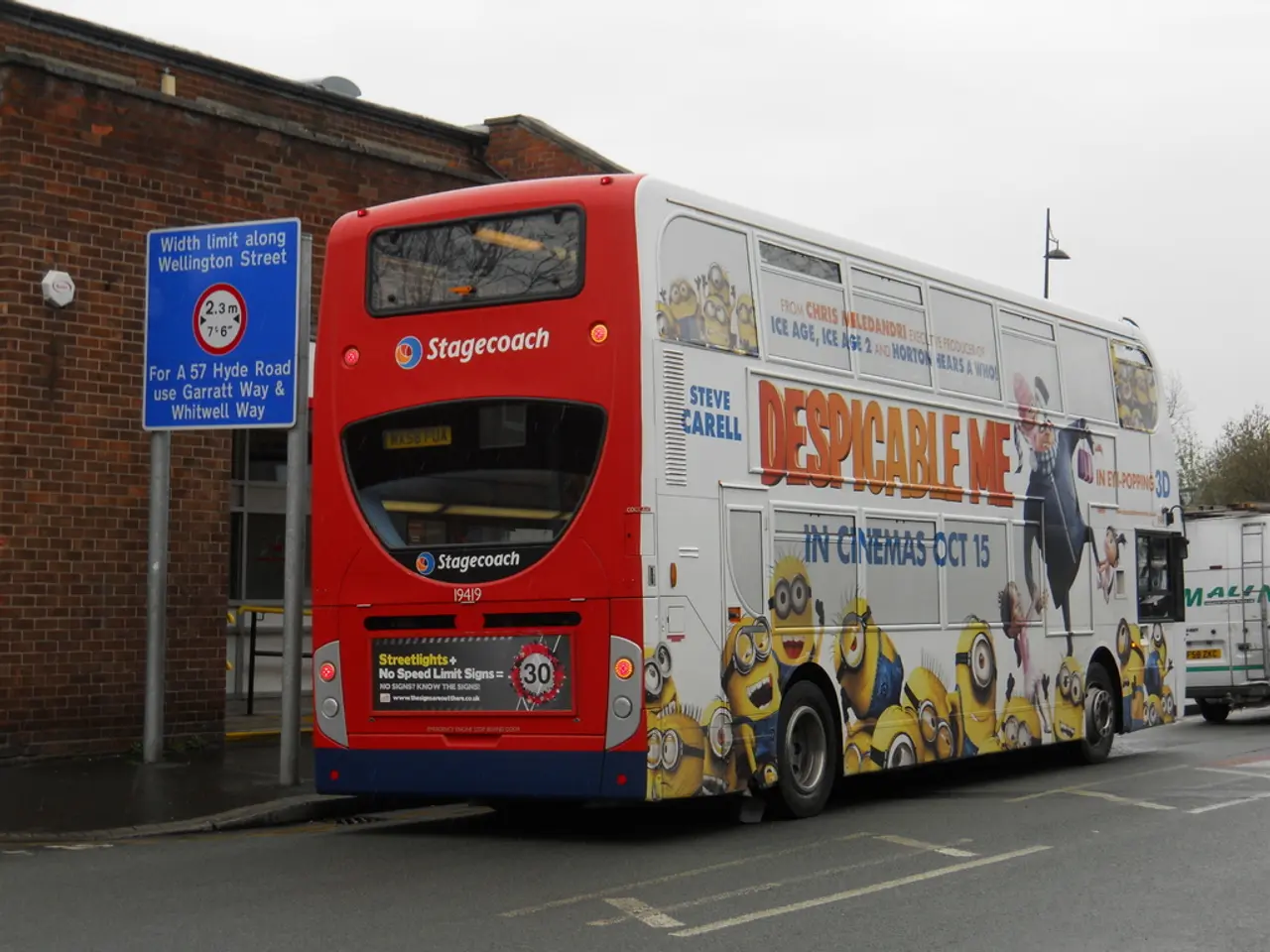Senate plans to raise speed limits starting from the upcoming week - Senate to Lift Time Restrictions Next Week
In the heart of Berlin, the Senate has initiated a discussion on modifying nighttime speed limits on main traffic arteries. This decision forms part of the city's broader traffic policy, as announced by Environment and Transport Senator, Ute Eilingfeld, in mid-2025.
The proposed changes, which will be subject to a vote next week, include the introduction of 30 km/h speed limits between 10:00 PM and 6:00 AM for reasons of noise protection and health protection. The German Press Agency reported this development, shedding light on the potential implications for the city's traffic and environment.
The total length of streets affected by this change is approximately 230 kilometers. However, it's important to note that the limit will remain in place on seven other streets due to persistently high pollutant levels. On the remaining nine streets, the speed limit will be maintained partially for reasons of traffic safety. The Senate is expected to lift the speed limit on up to 25 of these streets due to improved air quality.
Critics argue that this move could lead to more and more severe accidents with injuries and fatalities. Environmental organizations, the Green Party, and members of the coalition partner SPD have voiced their concerns. Ute Eilingfeld counters these arguments, stating that specific reasons are always required for the introduction of 30 km/h zones, such as an increased number of accidents, specific dangers to children or seniors, or poor air quality.
Reducing speed limits in urban areas to 30 km/h is generally recognized to improve traffic safety by lowering the likelihood and severity of accidents, especially involving pedestrians and cyclists. It also tends to reduce traffic noise and can improve local air quality by smoothing traffic flow and reducing emissions from stop-and-go driving. Conversely, repealing such limits and allowing higher speeds on major traffic arteries may increase accident risks and negatively affect air pollution levels, depending on traffic volume and vehicle types.
Ute Eilingfeld emphasized that Berlin is doing what is legally permissible and that one cannot simply introduce 30 km/h zones just because "we would like to have it here", implying that the Road Traffic Regulations (StVO) would need to be changed for such a broad implementation.
As the Senate prepares for the upcoming vote, a detailed analysis of the potential impact on traffic safety, air quality, and traffic flow is crucial. Access to specific local studies, traffic data, and official Berlin Senate communications would be necessary to provide an accurate assessment. Without such information, the impacts remain general expectations based on traffic and environmental research.
Read also:
- Court petitions to reverse established decision on same-sex marriage legalization
- Trump's enforcement actions in Washington D.C.: Insights from the political arena
- Chinese Ambassador issues stern message to India regarding Trump's tariffs in midst of escalating trade feuds
- Aircraft collides with another one on the runway during landing at Montana airport, igniting flames








